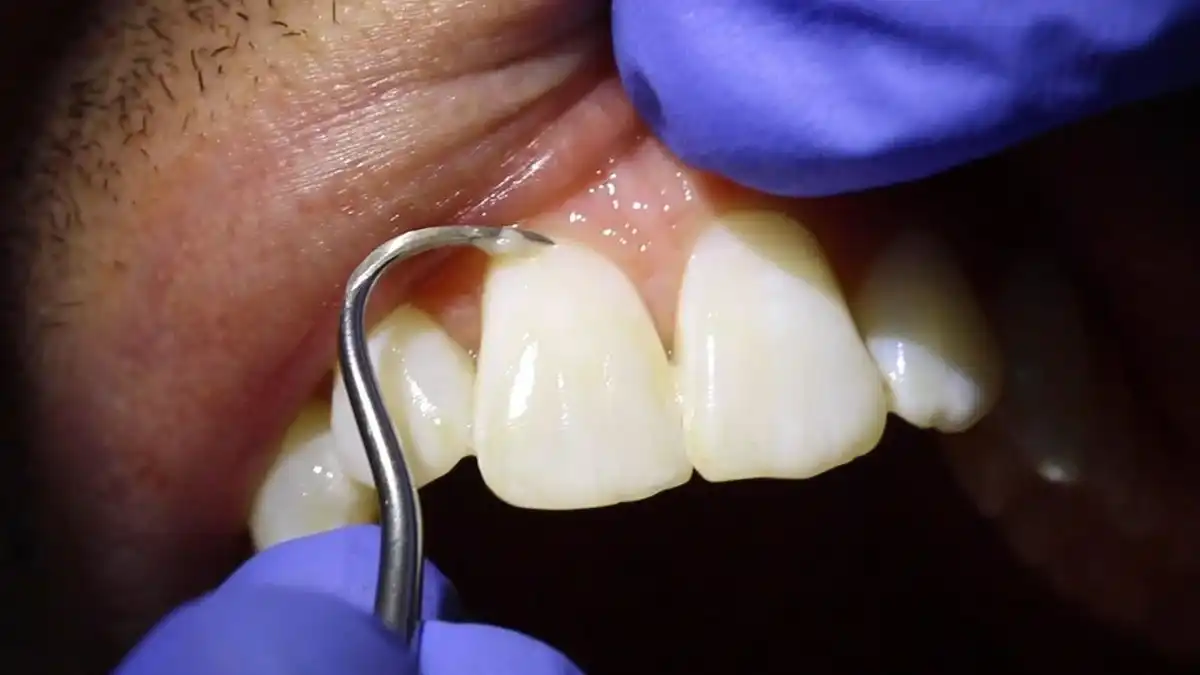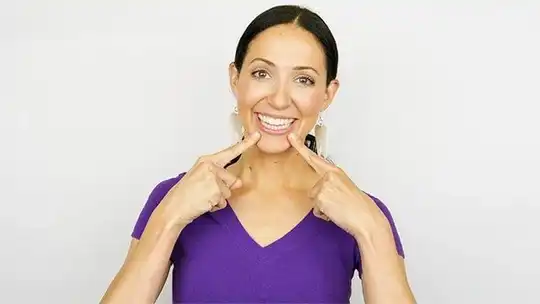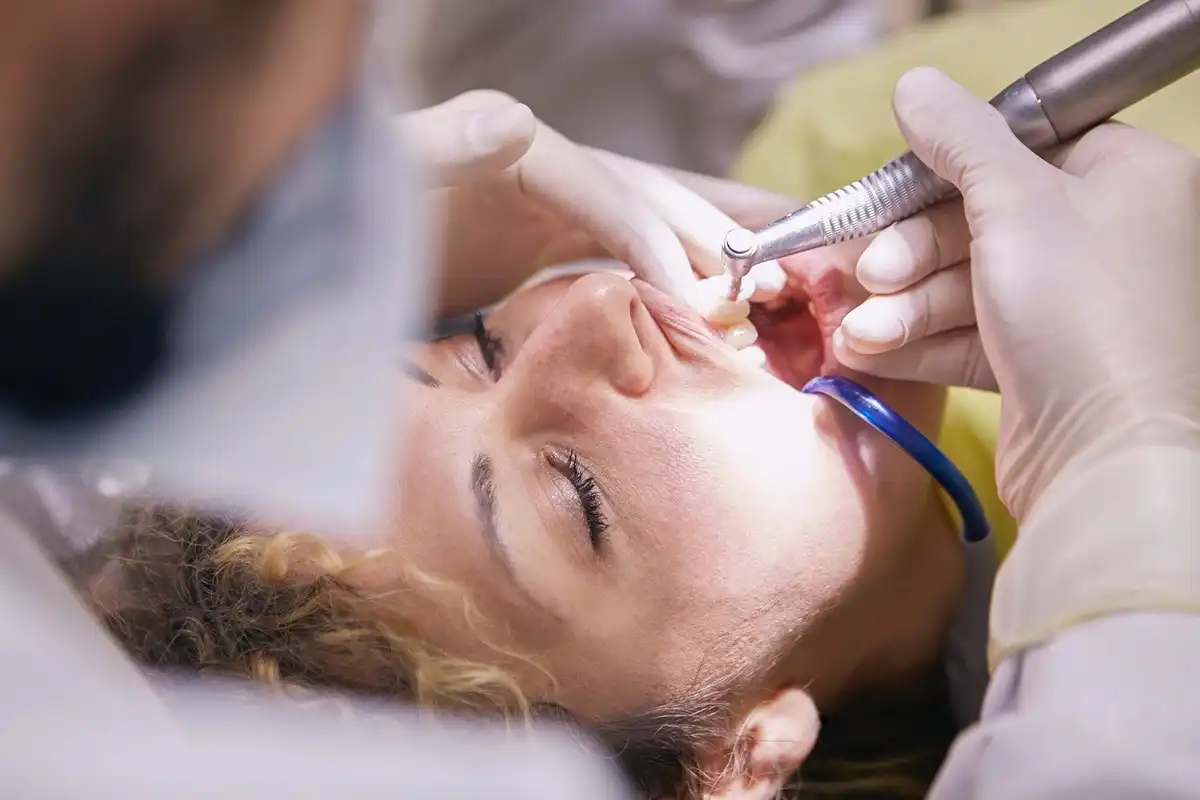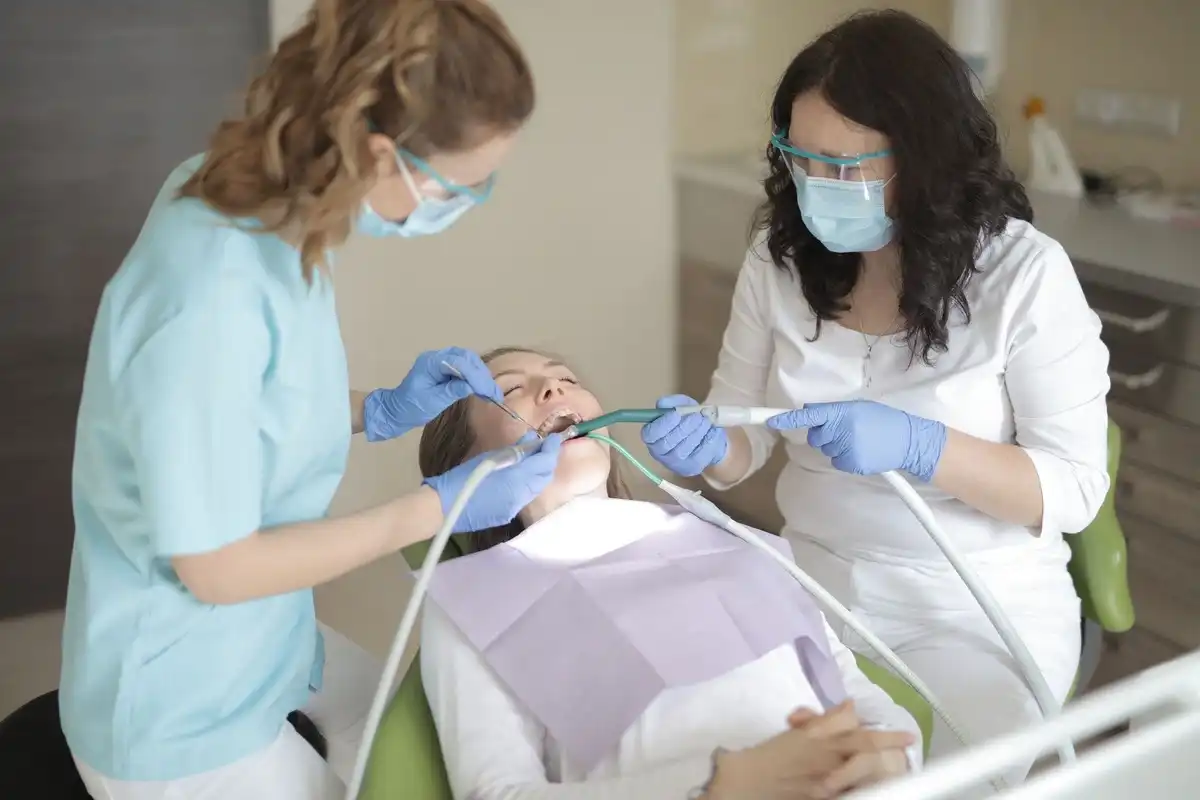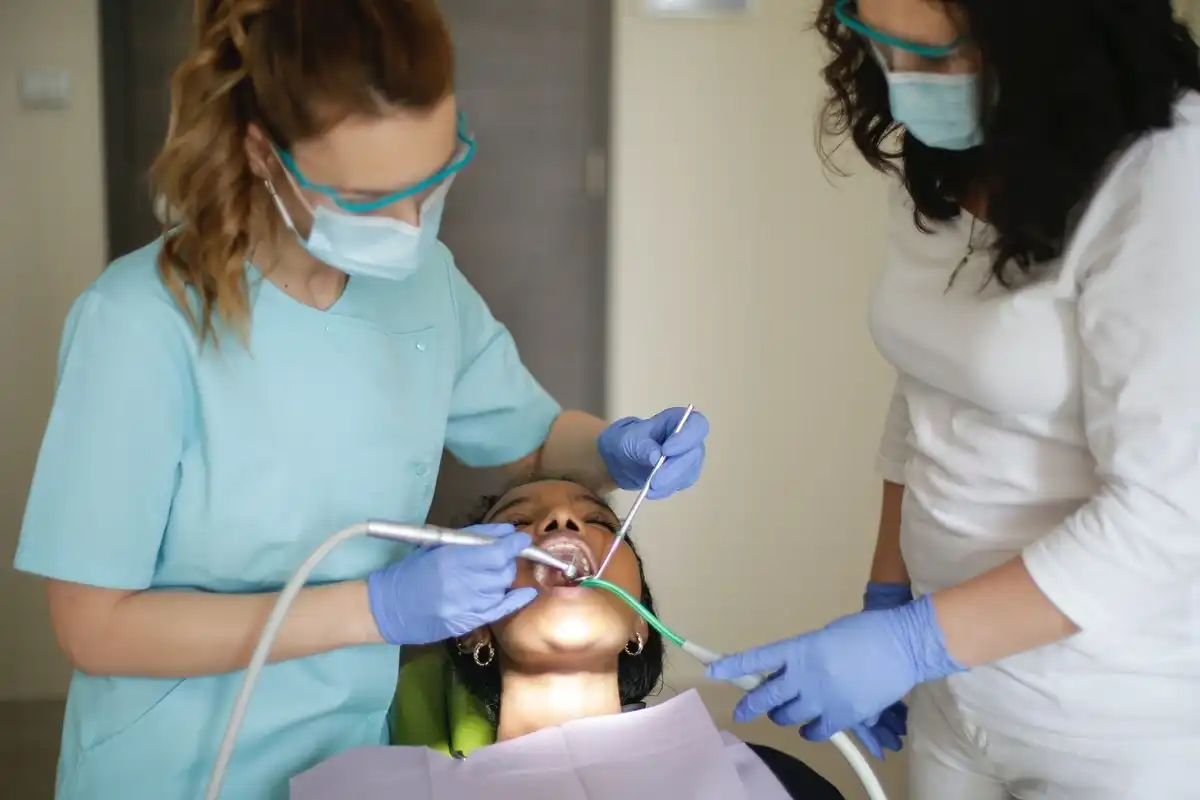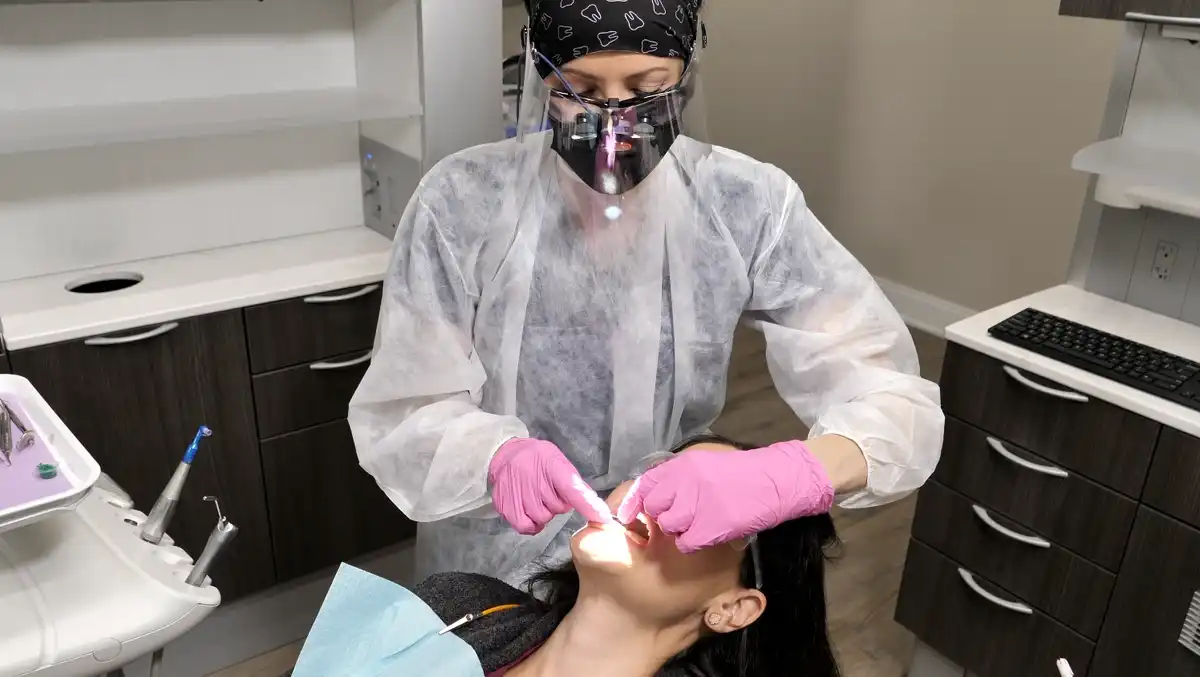3 Things NEW Dental Hygiene Grads NEED To Know

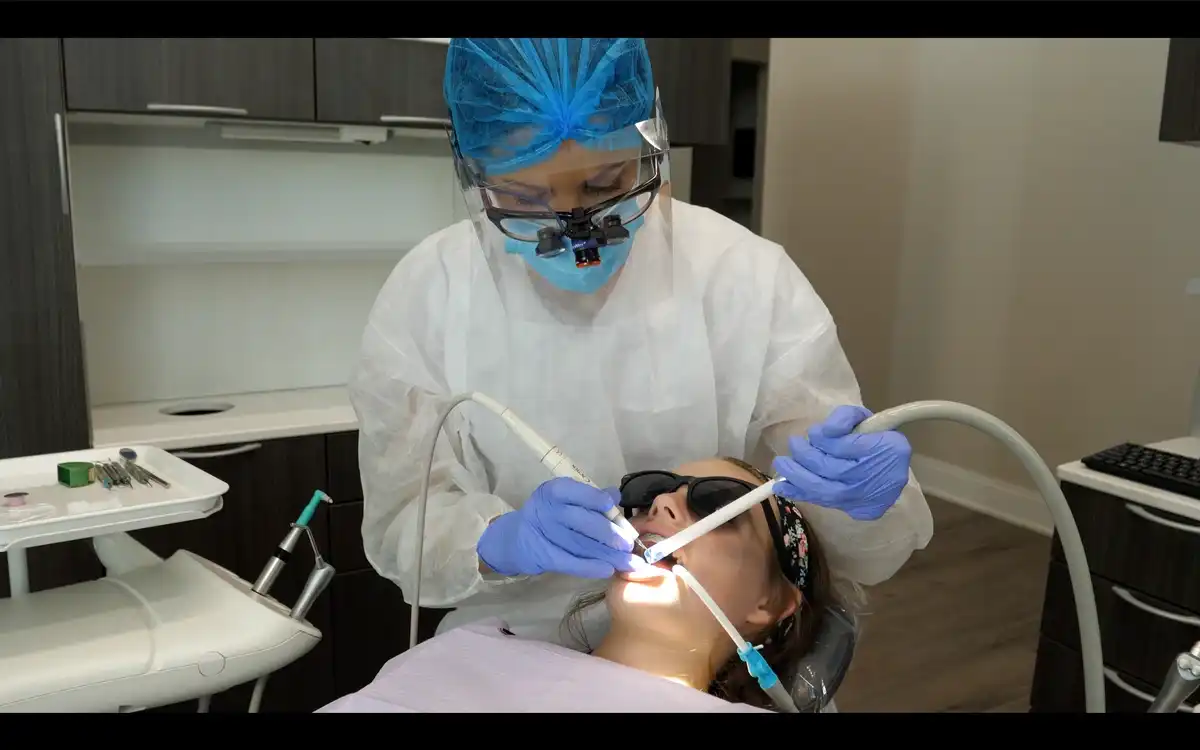
Whether you’ve just started your first dental hygienist job or you’re still on the hunt for one, there are some things you’ll want to keep in mind as you embark on your new career.
1) Never Assume A Person’s Gums Are Completely Healthy
One of the most important things you need to know—if not the most important—is to never assume that someone has a healthy mouth. They might appear to have perfectly smooth, pink, tight gums and gorgeous gum margins. But without periodontal charting and X-rays, you honestly don’t know what’s lurking below the soft tissues.
Case in point. Someone may not disclose that they’re a smoker. You seat them in the chair and notice there’s no bleeding, no inflammation, and everything looks great. Before you say their mouth looks great, make sure you perform complete periodontal charting and have an up-to-date FMX. They could very well need an SRP because of 6-7mm pockets or subgingival calc that you just can’t see yet. Once you find out that they’ve been smoking, anything you might have said in passing about having a great-looking mouth will come back to bite you. It’s hard to explain to someone that their gums and bone are diseased, if five minutes earlier you said, “everything seems great!”
2) Invest In Malpractice Insurance
Malpractice insurance also called professional liability insurance, is a policy that helps protect you should your patient suffer an injury or prove neglect upon the part of their dental provider. That means you. Do not assume that if your dentist has malpractice insurance that you’ll be covered under it. You very well may not. If the patient comes back to sue you, you need professional liability insurance so that you don’t lose your livelihood.
Why would someone sue a hygienist? A classic example is supervised neglect. AKA losing their teeth because of periodontal disease. That’s why we document, document, document and always have patients sign a refusal note if they deny periodontal care or X-rays. If you don’t have those things and the patient loses their teeth because of extensive bone resorption, they could theoretically claim that you never warned them and that it was all your fault! Malpractice insurance will help you cover your tail.
The price of dental malpractice insurance is quite affordable. You can get a free quote in 2 minutes with Berxi. It’s a small investment for long-term peace of mind.
3) You Need Disability Insurance
As a dental hygienist, your hands are your livelihood. Plus, the chances of a work-related injury because of repetitive motions or ergonomics issues put hygienists at an increased risk for things like back and neck issues, as well as carpal tunnel syndrome.
Hurting your wrist or breaking your finger could mean you’re out of work for an extended period of time. With disability insurance, you’re guaranteed a fixed income while you’re healing.
Disability insurance is extremely inexpensive—as in as little as 5-10 bucks a month—and is a must for those of you who are a clinical dental hygienist. Those few dollars every month will mean you don’t have to worry about thousands in missed paychecks after a surgery or accident.
4) Just Keep It Simple
No matter if you’re planning to work in private or corporate practice (or even a specialty clinic) these three rules apply. Remember that until you see a patient’s entire mouth, charting, and X-rays, you can’t know whether it’s healthy or not. And as a dental hygienist, you need to protect your career by investing in both malpractice and disability insurance.

Make your inbox smile!
Subscribe
